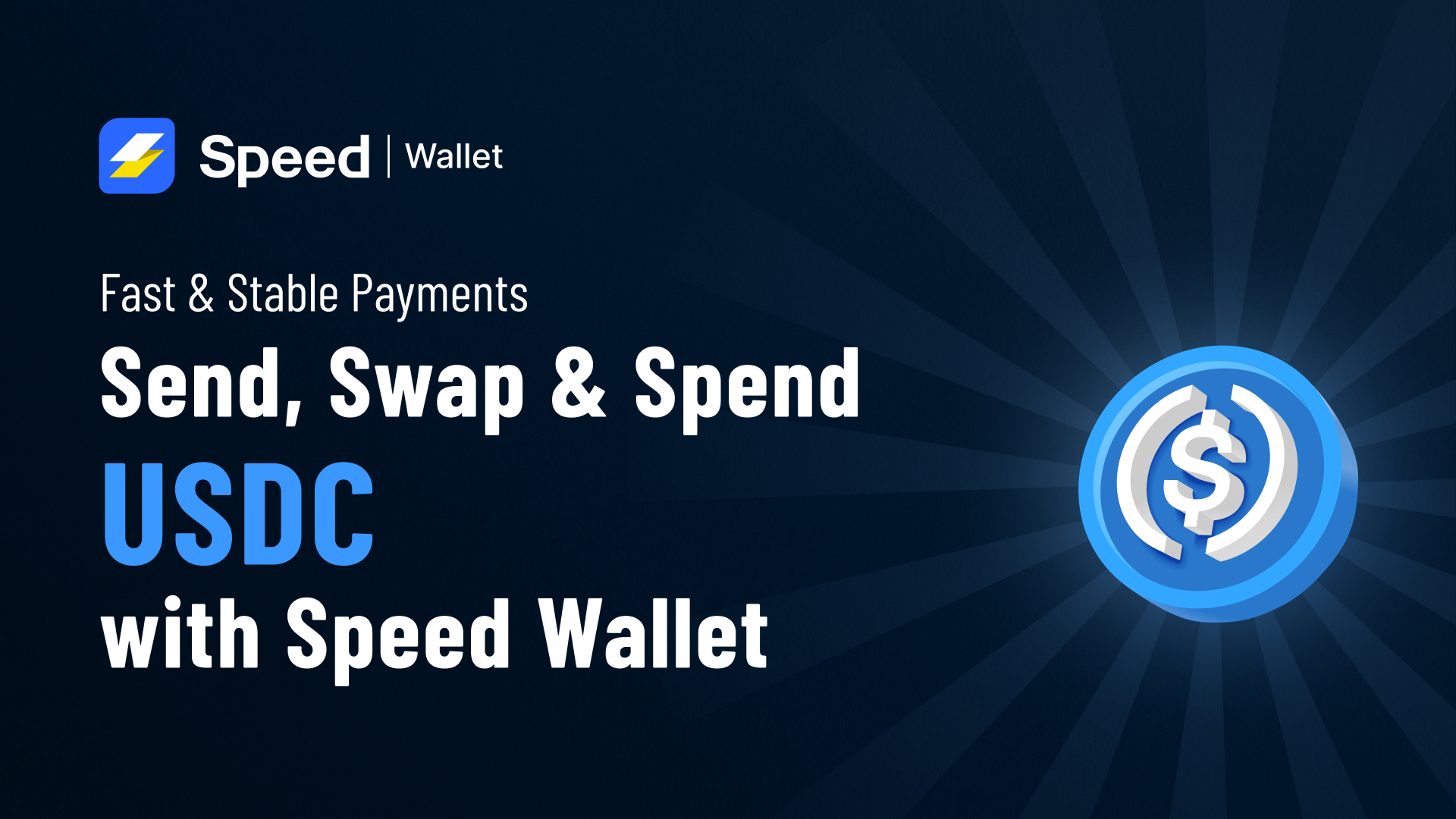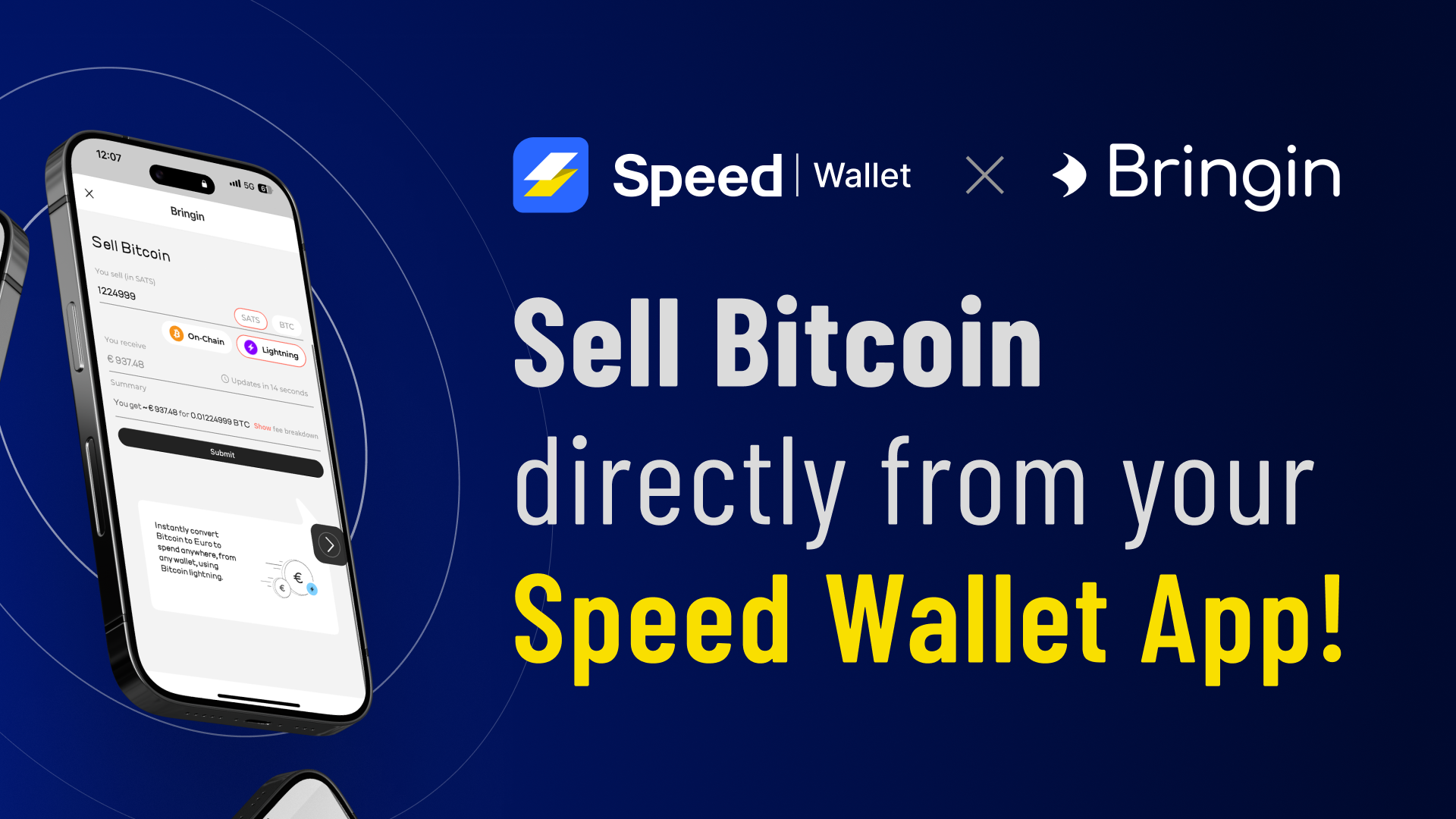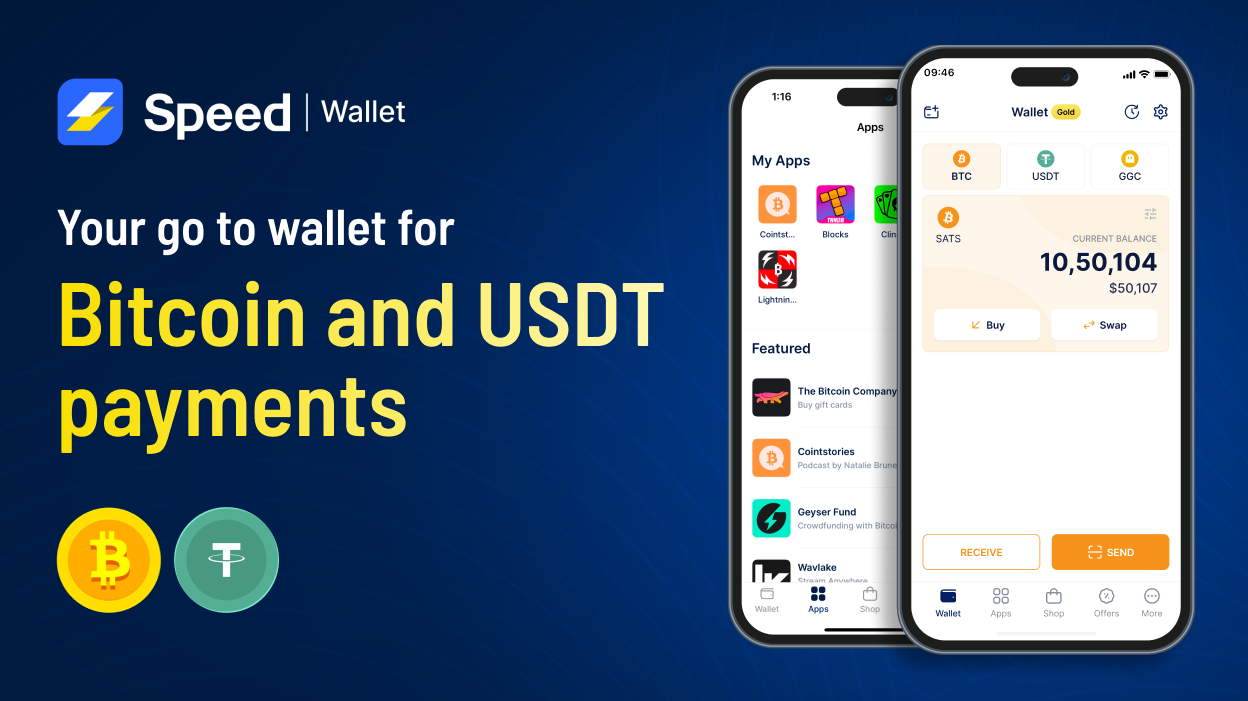Has a Bitcoin ETF been approved in the US?
The SEC has approved both Bitcoin futures ETFs and spot Bitcoin ETFs in the U.S. The first Bitcoin futures ETF, the ProShares Bitcoin Strategy ETF, received approval on October 19, 2021. Following this, VanEck, Valkyrie, Simplify Asset Management, and GlobalX also launched their Bitcoin futures-linked ETFs.
On January 10, 2024, the SEC finally approved spot Bitcoin ETFs after a turbulent and confusing Bitcoin ETF approval process. The initial batch of 11 approved spot Bitcoin ETFs came from firms such as Bitwise, Grayscale, Hashdex, BlackRock, Valkyrie, BZX, Invesco, VanEck, WisdomTree, Fidelity, and Franklin.
Trading for these spot Bitcoin ETFs commenced on January 11, 2024, with an impressive $4.6 billion in trading volume on the first day alone, of which $1 billion was attributed to BlackRock’s ETF. Over the first week, these ETFs saw a total trading volume of $20 billion.
Within the first month, spot Bitcoin ETFs accumulated significant assets under management (AUM). By the end of January, BlackRock’s IBIT had garnered $2.7 billion in assets, while Fidelity’s FBTC reached $2.3 billion.









